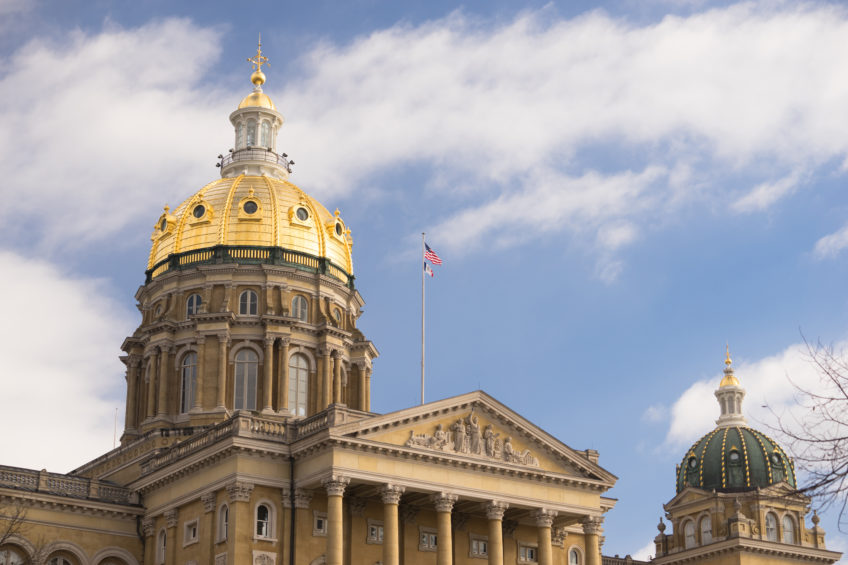A Lesson From Iowa on Government Reform: Jonathan Williams in The Hill
"Spending must be addressed through priority-based budgeting. Regardless of the tax, it is government spending that drives high taxation"
ALEC President and Chief Economist Jonathan Williams and John Hendrickson, Policy Director at the Iowans for Tax Relief Foundation, recently co-authored an opinion piece in The Hill discuss how Iowa’s focus on spending restraint and government efficiency is driving meaningful tax relief for residents across the state. They highlight that sustainable, lasting tax reform depends on responsible budgeting. Iowa’s example demonstrates that long-term economic growth is only achievable when spending is kept in check.
Former President Herbert Hoover argued that governments have the instincts of a vegetable — that is, “they keep spreading and growing.” Iowa Gov. Kim Reynolds (R) echoed Hoover when she stated that “like any large organization, government is marked by bureaucracy’s natural tendency to grow. If that growth isn’t constantly checked and rechanneled toward its core function, it quickly takes on a life of its own.”
This is why Reynolds has made reform of government a priority during her time in office. Fiscal conservatism is not just pro-growth tax reform, but even more importantly it must include limiting spending and reducing the size of government.
Fiscal policy has been a significant part of Reynolds’s agenda: “We reduced taxes—saving Iowans more than $24 billion over 10 years. No more tax on retirement income. No inheritance tax. And starting this month [January 2025], Iowans get to keep even more of the money they earn, with a 3.8 percent flat tax — a far cry from the 8.98 percent of six years ago,” said Reynolds. Iowa’s corporate tax rate, once the highest in the nation at 12 percent, has been reduced to 7.1 percent and will continue to decrease until it reaches a flat 5.5 percent.
Not only will Iowa have eliminated the progressive income tax, but it will also have reduced the top tax rate by almost 60 percent.
These reforms are grounded in common-sense budgeting ideas, which have prioritized spending control and government efficiency. These efforts have not only ensured budget stability with surpluses, full reserve accounts, and a Taxpayer Relief Fund with a $3.6 billion balance, but they have also enabled responsible tax reductions.

